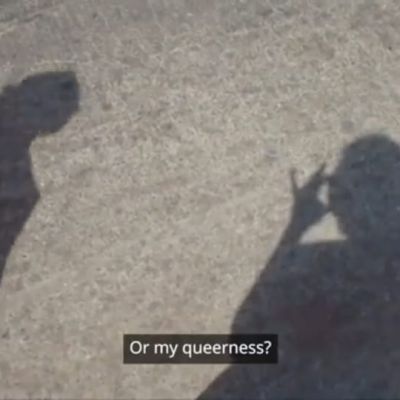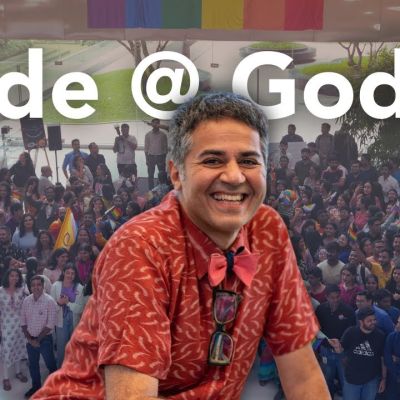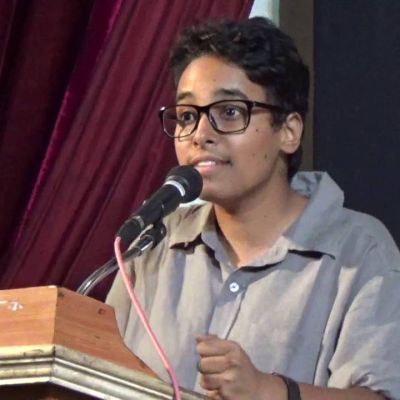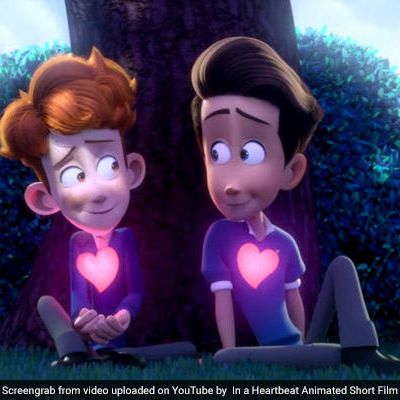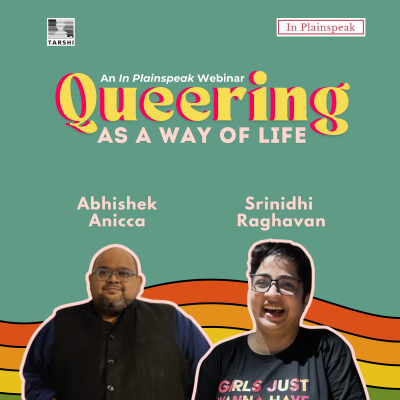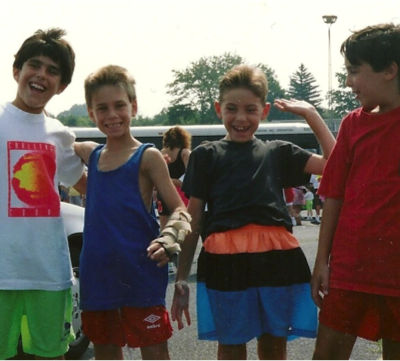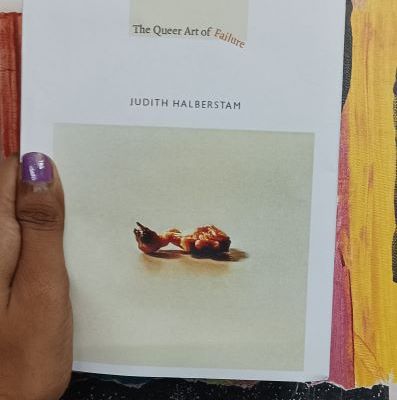Queer
Would you be able to describe yourself in one word? The Advocate’s Ashley Jiang begins by telling us she has…
Which Came First is a film about identity, desires, queerness–it captures the essence of self-discovery.
Just this month, Godrej DEI Lab has launched a video, Pride @Godrej to celebrate Pride as a year-round commitment to…
Is Brahminical patriarchy present in queer spaces? How can marginalised groups effectively advocate for themselves without relying too heavily on…
In the short animated film In A Heartbeat, a young man is quite literally torn between his heart and his…
At TARSHI, we see queering as more than just an adjective; it’s a verb, an action that involves questioning accepted…
When I finally came out to myself at age 16 and made it to a free queer youth space, I couldn’t wait to be accepted among folks who didn’t play by society’s heterosexist rules of masculine and feminine as polar opposites.
No one ever really talks about how queer people in STEM fields navigate hostile spaces. ‘STEM’ stands for ‘Science, Technology, Engineering, Math’. We Indians, of course, are well aware of what these fields entail because our parents, neighbours and teachers often push us towards them. Pursuing a career in the humanities/arts means deviating from the norm, so it makes sense that sexualities and gender identities which are considered ‘deviant’ often flourish in these fields.
LGBTIQA+ young people should feel safe and empowered in everyday physical spaces, and many do – often with support from a wider community of peers who share similar experiences. But until the world becomes more friendly for queer and gender diverse people, we expect they’ll continue to find safety, community, identity, and friendship on Tumblr.
The In Plainspeak team decided to time travel and re-discover previously published articles that explore the multiple ways in which people find joy and pleasure in their sexualities.
In a world where queerness is looked at as failure, The Queer Art of Failure allows for many possibilities to make sense of these failures.
In Nacher Chhele, a 38 year old Avijit stands outside himself, takes a long look at his past, and writes an intense testimonio, which would resonate with many middle class Bengali queer men who grew up in the pre-global, pre-Internet city of Calcutta in the 80s and 90s.
The patriarchy is petrified of gender fluidity. Not only does the femininomenon threaten the modes of sex-based binaries, but it also undermines sexist hierarchies.
A deeply entrenched issue in Indian society, the monster of caste, as Dr. Ambedkar called it, derides, tramples upon, rips…


